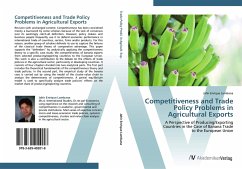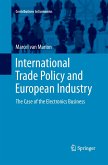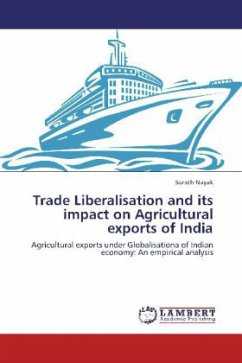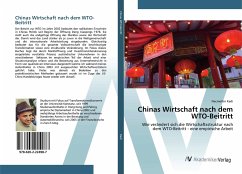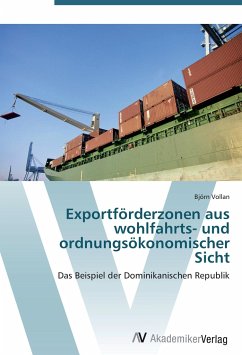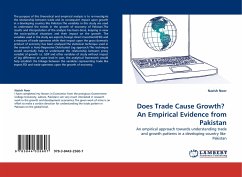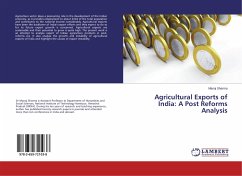Revision with unchanged content. Competitiveness has been considered merely a buzzword by some scholars because of the lack of consensus over its seemingly catch-all definition. How ever, policy makers and business people frequently use it to defend economic performance in international trade of countries, sectors, firms and/or pro ducts. For this reason, another group of scholars defends its use to capture the failures of the classical trade theory of comparative advantage. This paper supports the defenders by analytically applying the competitiveness theory to a specific case study: the competitiveness of banana exports from selected producing/exporting countries to the European Union. This work is also a contribution to the debate on the effects of trade policies in the agricultural sector, particularly in developing countries. It consists of four chapters divi ded into two analytical parts. The first part includes the theoretical fundamentals of the competitiveness theory andtrade policies. In the second part, the emp irical study of the banana case is carried out by using the model of the cluster-value chain to analyze the determinants of competitiveness. A partial equilibrium model is used to specifically analyze trade policies effects on the market share of producing/exporting countries.
Hinweis: Dieser Artikel kann nur an eine deutsche Lieferadresse ausgeliefert werden.
Hinweis: Dieser Artikel kann nur an eine deutsche Lieferadresse ausgeliefert werden.

